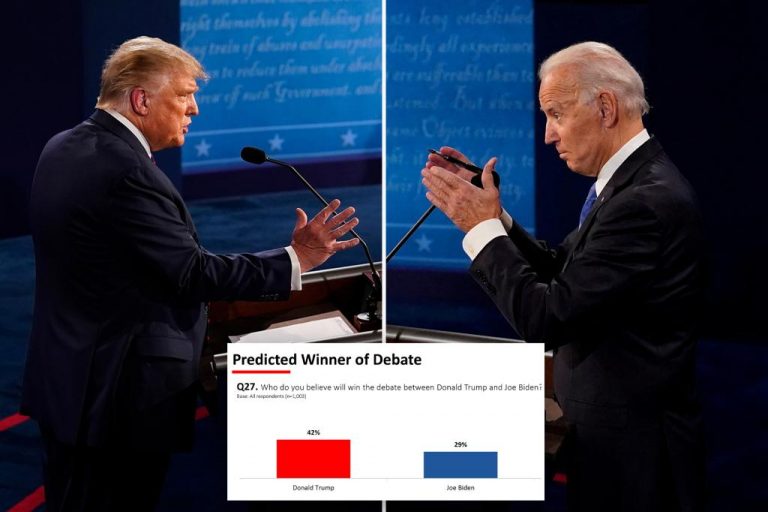FBI investigates Iran hacking of Trump campaign documents
The FBI has launched an investigation following claims by the Trump campaign that sensitive documents were hacked by Iran. This latest development has raised concerns about potential foreign interference in the upcoming presidential election and has once again highlighted the issue of cybersecurity in political campaigns.
The Trump campaign alleges that Iran was responsible for hacking into their systems and stealing sensitive information. The campaign has not provided specific details about the nature of the documents or the extent of the breach, but they have stated that they are taking the matter very seriously and are working closely with law enforcement to address the situation.
Iran has denied any involvement in the hacking and has called the allegations baseless. The Iranian government has stated that they have no interest in interfering in the US election and that they are committed to respecting the sovereignty of other nations.
The FBI’s investigation into the matter is ongoing, and it is unclear at this time what evidence they have uncovered. Cybersecurity experts have warned that hacking attempts from foreign actors are not uncommon during election seasons, and campaigns need to be vigilant about protecting their data and systems.
This latest incident has once again underscored the importance of cybersecurity in political campaigns. With so much sensitive information at stake, it is crucial that campaigns take the necessary steps to secure their systems and prevent unauthorized access to their data.
Political campaigns are prime targets for hackers looking to disrupt the democratic process and sow chaos. From stealing sensitive information to spreading disinformation, hackers have a variety of tactics at their disposal to influence the outcome of an election.
In recent years, there have been numerous high-profile hacking incidents targeting political campaigns and organizations. The 2016 presidential election, in particular, was marred by allegations of Russian interference through hacking and other cyber attacks.
As technology continues to advance, the threat of cyber attacks on political campaigns is only going to grow. It is imperative that campaigns invest in robust cybersecurity measures to protect their data and systems from malicious actors.
Furthermore, campaigns must also be vigilant about disinformation campaigns that seek to manipulate public opinion and spread false information. In today’s digital age, it is easier than ever for misinformation to spread quickly and widely, making it essential for campaigns to actively combat false narratives.
Ultimately, the integrity of the democratic process is at stake when foreign actors attempt to interfere in elections through hacking and disinformation. It is up to campaigns, law enforcement, and government agencies to work together to ensure that elections are free and fair, and that voters can trust in the legitimacy of the results.
As the FBI continues its investigation into the alleged hacking of sensitive documents by Iran, the American public will be watching closely to see how the situation unfolds. The outcome of this investigation could have far-reaching implications for the upcoming election and for the future of cybersecurity in political campaigns.
It is crucial that all stakeholders take this issue seriously and work together to prevent foreign interference in our democratic process. The FBI’s investigation is a critical step in holding responsible those who seek to undermine our democracy through illicit means.
In conclusion, the alleged hacking of sensitive documents by Iran has once again brought the issue of cybersecurity in political campaigns to the forefront. It is essential that campaigns take the necessary steps to protect their data and systems from hackers and other malicious actors, and that they remain vigilant against disinformation campaigns that seek to manipulate public opinion.








